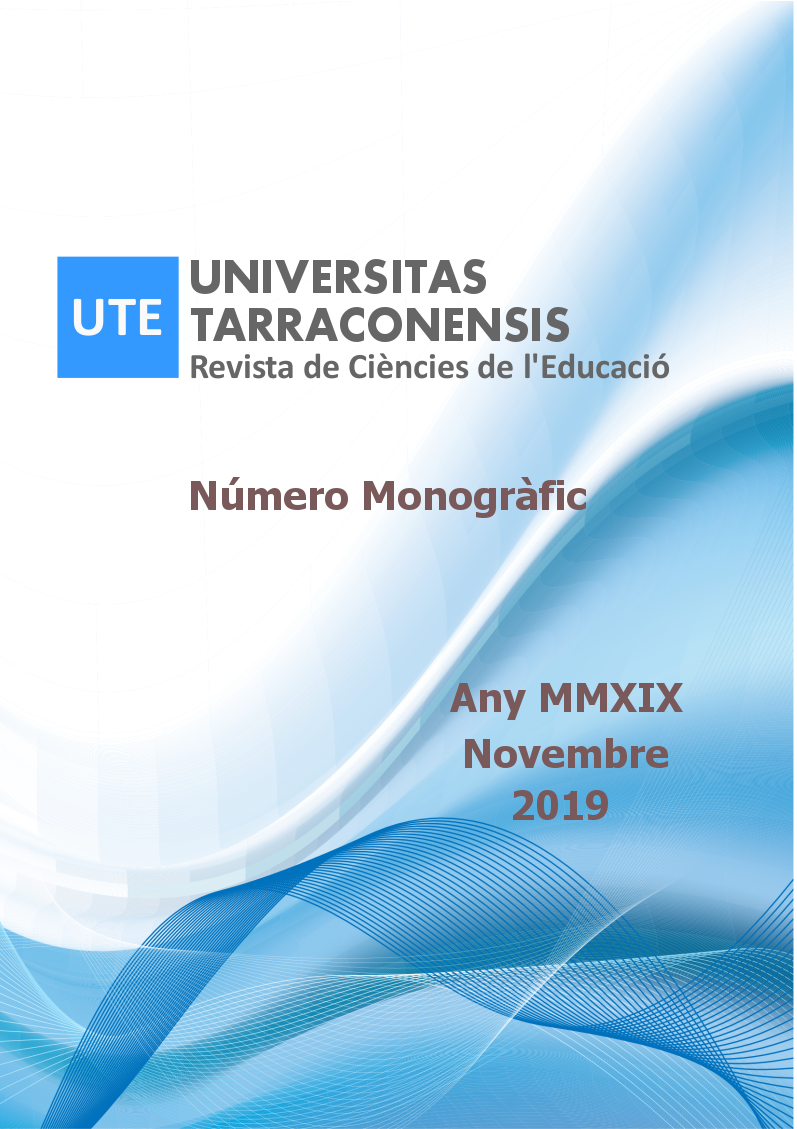Why scientific practices are not included in Science lessons? What does it go unnoticed for teachers
Article Sidebar

Main Article Content
Despite the importance that research gives to including scientific practices in science education, it reports a lack of effectiveness of the approaches adopted in science classrooms. The efforts made in promoting inquiry-based learning seem not to have been very successful, taking into consideration the current dissatisfaction with the inadequate interpretation of these approaches.
This paper attempts to address the issue of the lack of proper scientific practices as shown in the results of a range of research projects and their implications for teacher training, by addressing the following issues: Reasons why the scientific practices are not included in science lessons; the purposes or advantages served by the use of scientific teaching practices in classrooms and how they influence the instruction; the importance of recognising emotions felt in science classrooms; and how to reach competent science teachers who know, not only how to introduce scientific practices properly in their instruction, but who also understand why such practices are necessary in relation to the epistemic knowledge.
With the aim of making future teachers aware of the scientific practices advantages, we propose to promote the opportunity of experiencing the implementation of Model-Based Inquiry sequences with SENSe, SENSors, and SENSations, in their classes with their own students.